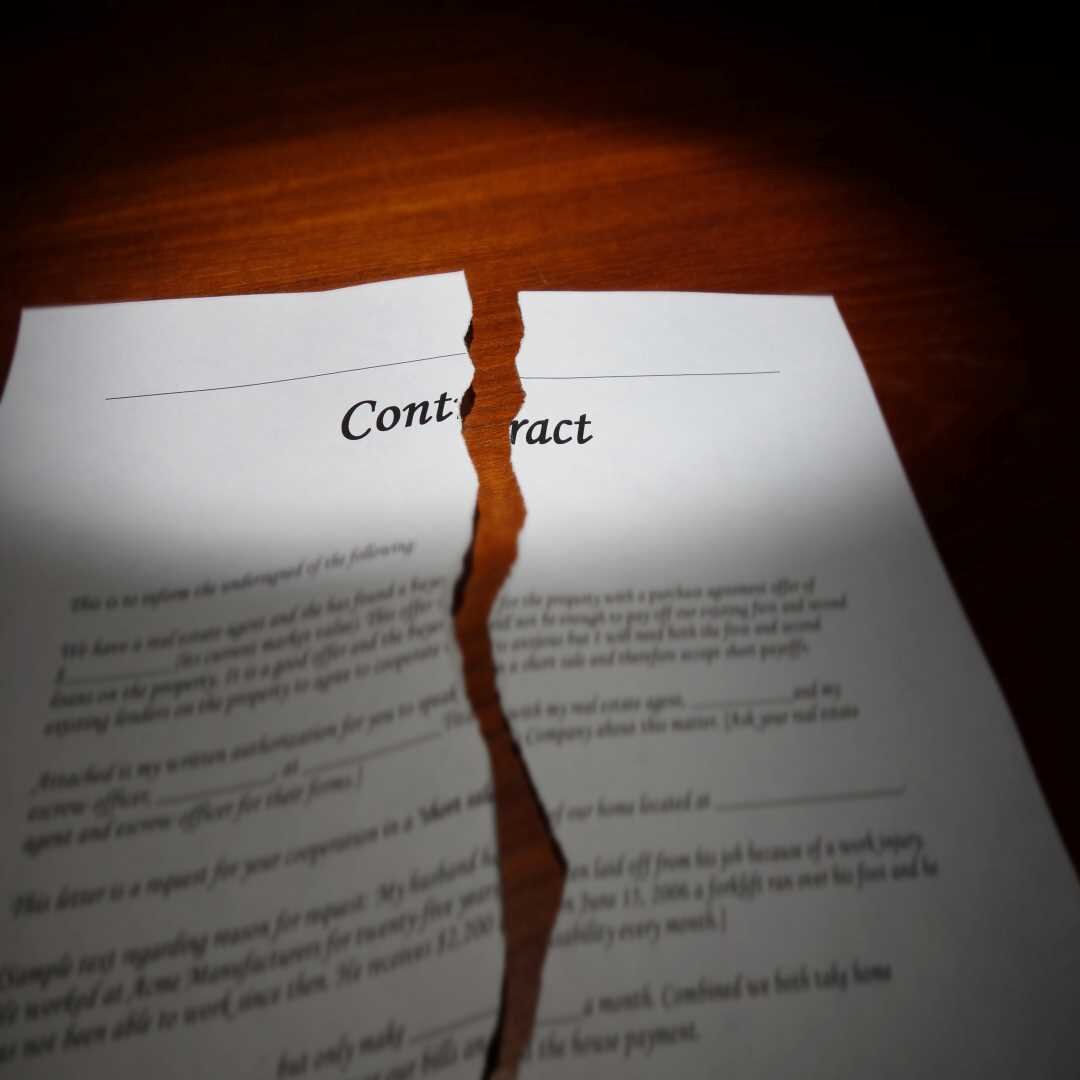
Latest News
Check out new updates
Sports mediation
A cheaper, faster and less risky alternative to court proceedings and arbitration is sports mediation. Through sports mediation, it will be possible to achieve good solutions also in cases that involve several parties and have a high level of complexity.
The football hierarchy in a nutshell
To fully understand the framework that FIFA and confederations, hereunder UEFA will, have to comply with when making decisions that affect football clubs, football associations, players and other stakeholders within the football family, it is necessary to have an understanding of the relationship between the parties.
Termination of a football coach’s contract
Within the sports industry, few, if any, jobs are as vulnerable as the job of the football coach/manager. A study conducted by RunRepeat in December 20202 showed that averagely coaches and managers for clubs in the top five leagues in Europe last between 35 and 69 matches before they are replaced. The same study shows that less than ten percent of the football coaches and managers leave after the end of the contract
Training compensation when signing an amateur player in the EU and EEA
Training compensation has become an important source of income for many football clubs. FIFA’s global transfer market report for 2019 revealed that football clubs received a total of USD 12.2 million in training compensation from international transfers in 2019. However, there are certain obstacles that in practice prevents developing football clubs from being able to claim training compensation, in particular within the European Union (EU) and the European Economic Area (EEA).
FIFA protects football coaches and female football players
In a statement published 19th November this year, FIFA announced that the FIFA Council are set to approve two sets of reforms that aim to strengthen the positions of football coaches and female football players. The proposed regulations were endorsed by the FIFA Football Stakeholders Committee (FSC) at its meeting 18th November this year and is expected to be approved by the FIFA Council in December.
Unilateral termination of a football player’s contract
The consequences of terminating a contract will depend on whether there is just cause, or possibly sporting just cause, or not, and whether one is within the protected period of three / two years. Both the player and the club may be liable to pay compensation and could even risk sporting sanctions.
Disciplinary procedures in international football – FIFA’s and UEFA’s judicial bodies
The FIFA and UEFA disciplinary bodies and the Court of Arbitration for Sports (CAS) handle alleged breaches of a wide range of cases, including breaches of competitions regulations, regulations on protection of minors, third-party ownership (TPO), match-fixing, doping and the enforcement of decisions passed by other judicial bodies.
History of FIFA transfer regulations
In January 2019, FIFA released a global transfer market report that revealed, inter alia, that the total spending on international transfers in 2018 reached a new high of USD 7.03 billion, 10.3% more than in 2017. A new record was set with 16,533 international transfers, 5.6 % more than in 2017, involving 14,186 players of 175 different nationalities. The highest transfer fee paid was the transfer of Neymar from FC Barcelona to PSG, priced at USD 263 million.
If comparing these figures with football transfers historically, the level of transfer fees being paid for players has been exploding in recent years. In 1995, in comparison, only USD 403 million were spent on 5700 international transfers.
Sports arbitration: The Court of Arbitration for Sport (CAS)
The Court of Arbitration for Sport (CAS) has the competence to settle sport-related disputes. CAS was created by The International Olympic Committee (IOC) in 1983 and is located in Lausanne, Switzerland. CAS also has branch offices in New York and Sydney, and at major sports events, such as the Olympic Games, the football World Cup and the European Football Championships, ad hoc offices are created to deal with violations of regulations in the current sports event.









